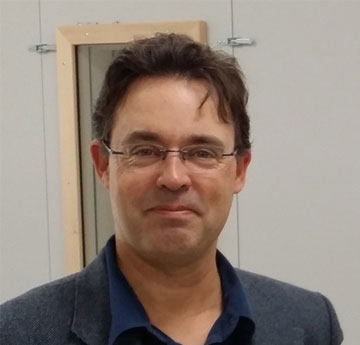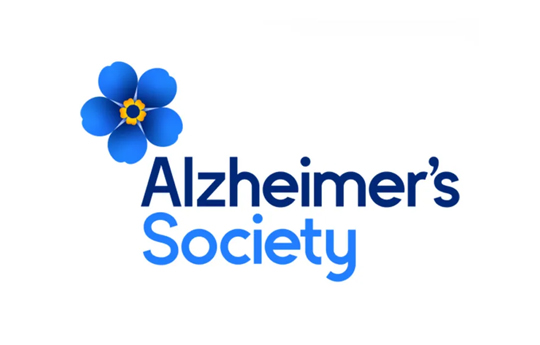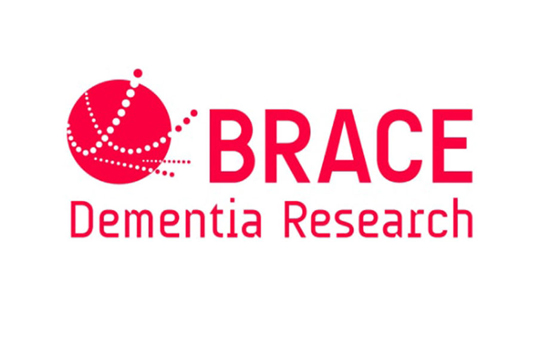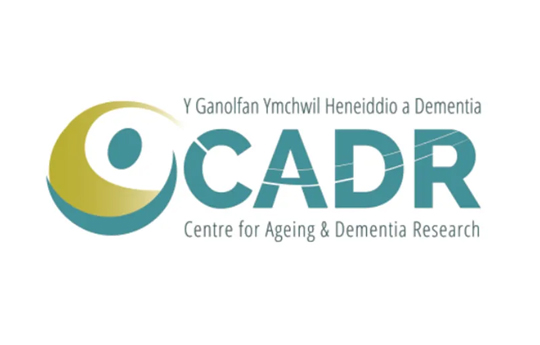The Challenge
Although many types of dementia tend to be primarily characterised by and understood in terms of changes in memory, research shows that significant functional decline can also occur in attention, information processing speed and sensory and perceptual processing, throughout the disease process. Furthermore, from talking with many people living with dementia, we also know that some individuals can also experience changes in these non-memory areas of brain function which can affect their signs and symptoms, behaviour, social interaction, life quality, diagnosis, post-diagnostic support, interventions and care.
In view of this, Professor Andrea Tales and her team from Swansea University are working to better understand the effects vascular cognitive impairment (dementia) and Alzheimer’s disease have on non-memory-related brain functions.
The Method
As well as utilising objective research methodology and measuring function using techniques such as psychophysics, neuroimaging and neurocognitive tests, Professor Tales and her team used qualitative research methodology in order to capture a person’s lived experience and descriptions of changes to their brain function and behaviour. This is particularly important as, given the chance and the right type of questions, people can be highly adept at describing such changes, even though they may not use the same terminology as scientists.
Underpinned by qualitative research techniques such as focus groups the team from Swansea University used multiple techniques and methods to produce evidence-based information including:
- Neurocognitive tests (pen and paper tests, questionnaires and computer-based tests of many aspects of cognitive function)
- Psychophysics: the use of computer or iPad--based tests examining the behavioural (reaction time/ information processing speed) response to visual stimuli over many trials.
- Eye tracking (measuring eye movements)
- Pupillometry (measuring pupillary function)
- Electroencephalography (EEG)
- Magnetoencephalography (MEG)
- Neuroimaging (e.g., MRI)
The research was perfomed by established researchers, early career researchers and PhD students and conducted through a high degree of national and international collaboration and significant Patient and Public Involvement and Engagement by older adults and older adults living with dementia. The team collaborated with researchers in Malta, Sweden, Finland, Czechia, Turkey, United Arab Emirates, and Germany with the network contionually expanding. Other collaborators include the University of Malta (Professor Ian Thornton) and the University of Grenoble (Fabien Carreras, PhD Student from Swansea/Grenoble initiative).
The research was funded and/or supported by the BRACE-Dementia Research Charity, UKRI, HCRW (via funding for CADR), ESRC, Alzheimer’s Society & Swansea University.
The Impact
Our research, especially using psychophysics has revealed that older people, both with or without dementia, are highly diverse with respect to brain function. Not everyone with dementia will show the same pattern of non-memory brain changes and thus signs and symptoms, and not everyone living without dementia will show preserved function. This is important because it highlights the need for a personalised approach not only to dementia research but to diagnosis, support, care, intervention and treatment, resilience, independence and how we all understand dementia. This knowledge in turn will facilitate the reduction and prevention of unmet needs within society.
This research will have an impact on all society. It will provide a greater understanding of dementia (especially concerning non-memory changes) for researchers, clinicians and the general public. It especially impacts those living with dementia and pre-dementia stages. Our next stage is to get the information to policy level.

















